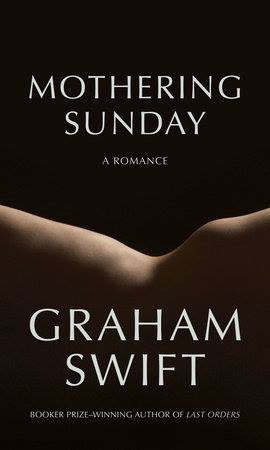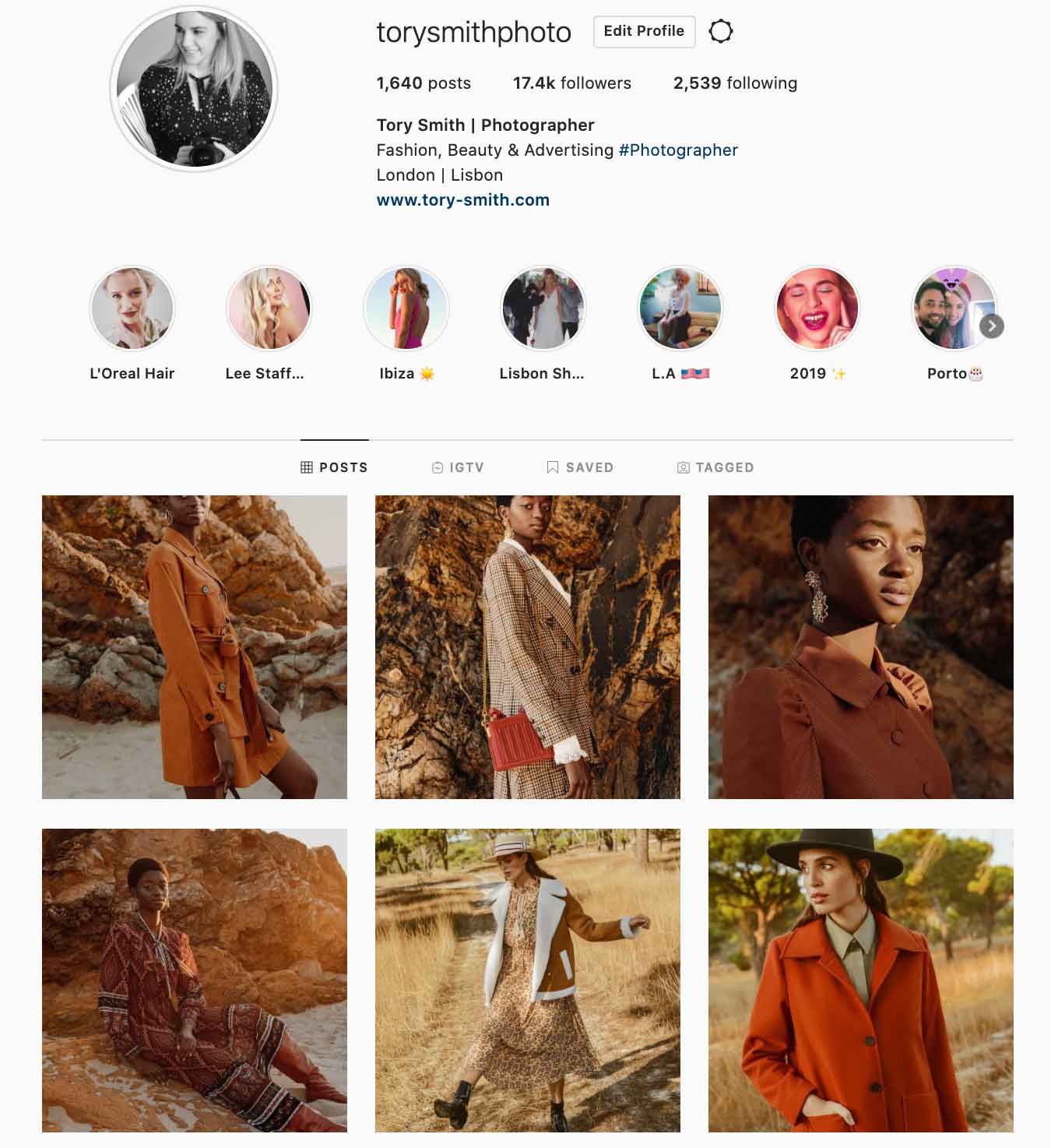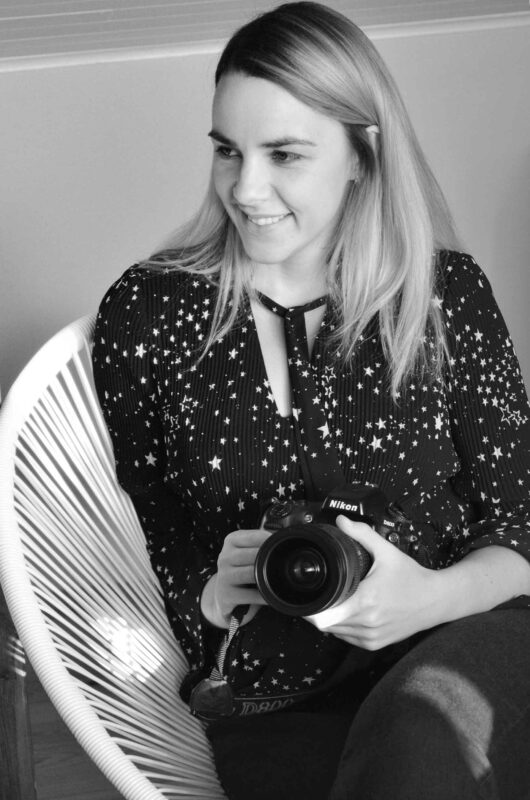How I Maintain Success as a Freelance Photographer
You’ve become a freelance photographer! To pursue the career of your dreams! Yay! But, there are zero jobs on your horizon…? Let’s fix that!
The job of a freelance photographer is very exciting, but it can soon become daunting if you don’t start to see (paid) work coming in. Today I thought I would focus on exactly how a photographer finds jobs & becomes successful in the long-term. We all need money to survive and unless you’re Brooklyn Beckham (we’re not bitter!), nobody can just start a freelance photography career and get jobs automatically. It takes time, work and perseverance in order to start and maintain your success. In what ever field of photography you choose, your level of progress will invariably depend on the work you put in before you even reach for the camera.
When I started out as a freelance photographer I knew that I wanted to be in fashion and beauty. It was my passion and it was what drew me to the industry. I wanted to know just how particular shots I’d seen in magazines were created from start to finish. For others though, the path might not be so well lit. You may know that you want to get into photography and you want to be a freelancer, but in exactly what field, not so sure…? Deciding on what area of photography you want to focus on is a fairly pivotal one as it may well dictate how you go about getting paid work.
You might be out in the field working for a news organisation. You could be on location with a fashion brand. Maybe you’d prefer the comfort of a dedicated photography studio.
Here’s a selection of photography routes you could choose to go down:
- Fashion photography
- Pet photography
- Food photography
- Portrait photography
- Press and PR photography
- Product photography
- Sports photography
- Wedding photography
- Wildlife photography
- Plus many more!
All of these paths will require a certain set of skills (I bet you’re doing a Taken voice-over in your head!), equipment and as I mentioned, way of getting jobs. As you progress in your freelance photography career you may well be able to diversify, but starting off with a clear idea of where you want to get to will make the whole process a lot smoother.
When I started as a freelance photographer my style was completely different! It was very abstract, I actually specialised in fine art photography before changing my direction more towards fashion, beauty and advertising photography!
Here is the image which got published on a book cover by Penguin, Random House:

How To Find Paid Work As A Freelance Photographer
If you’ve been into photography for a while, then you should have a portfolio built-up. This is massively important as it will demonstrate your skills or accolades and give clients an idea of what you can do. If you don’t have a portfolio yet, get one started right away! Create a clean and simple website and make sure you only show your best work. In a competitive marketplace like photography you don’t want to give potential clients any reason to click away from your site and on to the next photographer. Check out this site for the best website builders for photographers and don’t panic, you don’t have to be Mark Zuckerberg to build a website these days and there are lots good, free options.
Never underestimate the power of social media, these days it’s just as important as your portfolio and will probably get seen before your website, so make sure its looking good! Just be mindful of choosing the most relevant platforms for your business. Think about Instagram and Pinterest to show your photos in their best light and Facebook for sharing your blog posts – oh yeah, you need a blog too! We’ll get to that!
Instagram for me is the best tool. It’s super important to upload work regularly as its a good way of reminding brands and clients about your work. I try and do one post a day and keep my grid consistent by uploading 3-6 images from same photoshoot. See my page below:

How much does a photographer make a year?
Startups.co.uk estimates the annual salary of a fairly successful professional photographer to be around £20,000. And the National Careers Service suggests the average range of photographer salaries to be between about £25,000 and £31,000. Although, that’s for employed rather than freelance photographers. According to londonfreelance.org, you can expect to be paid the following day rates:
Magazine photography – from £300 for smaller publications, up to £800 for large glossy magazines
Press photography – from £100 for local newspapers, up to around £250 for national newspapers Hitched.co.uk suggests that fees charged by reputable wedding photographers range from around £1,000 right up to more than £3,000.
It can be a good idea to research what other photographers in your location (and specialism) are charging for their services, in order to map out your business plan. For any freelancer, a good grasp on finances is key to succeeding. Since you won’t have an accounts department crunching numbers or doing taxes for you, you’ll have to do all the money-related affairs on your own… The difference between going over/under budget and staying ahead of your bills is having the knowledge of where your money is and how it’s being used. Keep records and be a super savvy freelance photographer!
Get Some Work Experience
As with most careers, you’ll find that work experience is the best means of understanding what working as a freelance photographer is actually like. However, instead of spending time looking for work experience with large companies, it’s worth speaking to local photographers online via Twitter or LinkedIn and asking for advice or seeing if they need a free assistant on their next shoot. You’re more likely to be invited to assist a photographer for a day or tag along during an event they’re covering, than land a traditional week or month-long internship. Build up plenty of these little jobs and you’ll end up with lots more hands on experience, and if you’re good enough, paid jobs off the back of it. Just be aware, don’t get taken advantage of! You’ll certainly need to make the coffee run at least once but make sure you take the initiative and show your true use. Be realistic however and make sure that you are a help, rather than a hindrance.
Make the most of any experience you’re offered, even if it’s not within the specific area of photography you’re interested in. This is the perfect time to ask some (don’t go over the top!) questions, learn real photography practices in the field and build your network of contacts.
Where To Find Freelance Photographer Work Online
Fewer freelance photographers are working within traditional journalism nowadays, with the web offering limitless potential for their careers. The world of stock photography is still the most well-known source of income for photographers and is often preferred for its passivity: the ability to generate income over time, without extra work being completed! Websites such as Shutterstock, iStock, and Dreamstime are great places to start.
One of the most profitable sources of potential income for a freelance photographer is Client-Direct sales. This is where a photographer approaches or is approached by, a company in need of high-quality photos. These assignments are the ‘upper-end’ of freelance photography and something to aim towards once you have built up an enviable portfolio. A little researching and networking comes into play here, as well as being in the right place at the right time. My advice is to contact magazines and companies you think may need photographs and try and establish a rapport. They’ll reject you more often than not at first, but it’s all part of the process. Once you have found a publication or media outlet that likes what you do, it’s good to then stay on their radar and feed them your latest shots, so they’ll come back to you time and time again. Also, check out online directories such as Behance and Cherry Deck as they will offer you a dedicated space that will put you in front of clients looking to book – I shared my favourite directories here.
You should also start your own blog and upload your work online. This will demonstrate your talent, ability to use photography software and provide instant access to your portfolio – plus it’s good for your SEO! Make sure to follow other photography blogs in order to keep your ideas fresh and use social media to network and hunt for new opportunities.
How To Find Work As A Freelance Fashion Photographer
As a freelance fashion photographer in London, the above doesn’t always apply to me, as the bulk of my work comes from brands or magazines. So if you’re looking to get into fashion, the way to find work can be slightly different. For me, there are two things that I would do. See who you know and list who you want to know. You may like to break things down into lists, household bills, jobs for the day, but I bet you haven’t listed all of your friends for a long time! I’m not asking you to rank them! Instead, write down everyone you know and think about if they could introduce you to someone, or if their friend or partner could. Especially when living in a city as creative as London, you’d be surprised at how many potentially useful connections you have within your own friendship group! Ask for an introduction and see what comes next! Next, I would list who you want to work for, realistically. Follow all the London fashion brands and magazines/blogs that you like and regularly comment on their posts in a natural, positive way. After a week or two of engaging with them, find their email address and send them an introduction. Keep a record of who you have contacted, who’s responded and what your progress is – this way you’ll get a true idea of how much work you’ve put in (the answer is never enough!) If you don’t get a response don’t be afraid to pick up the phone and contact them the old-fashioned way, sometimes it’s better to show your enthusiasm and personality with an actual conversation.
Believing in yourself is the most important tool when starting out as a freelance photographer. Put yourself out there. You will sometimes get rejected, but how you deal with those rejections is vital if you want to succeed. Bounce back, be better and get the next job.


